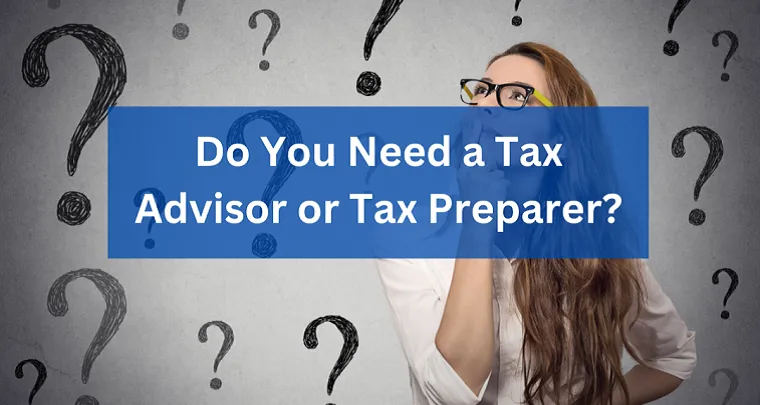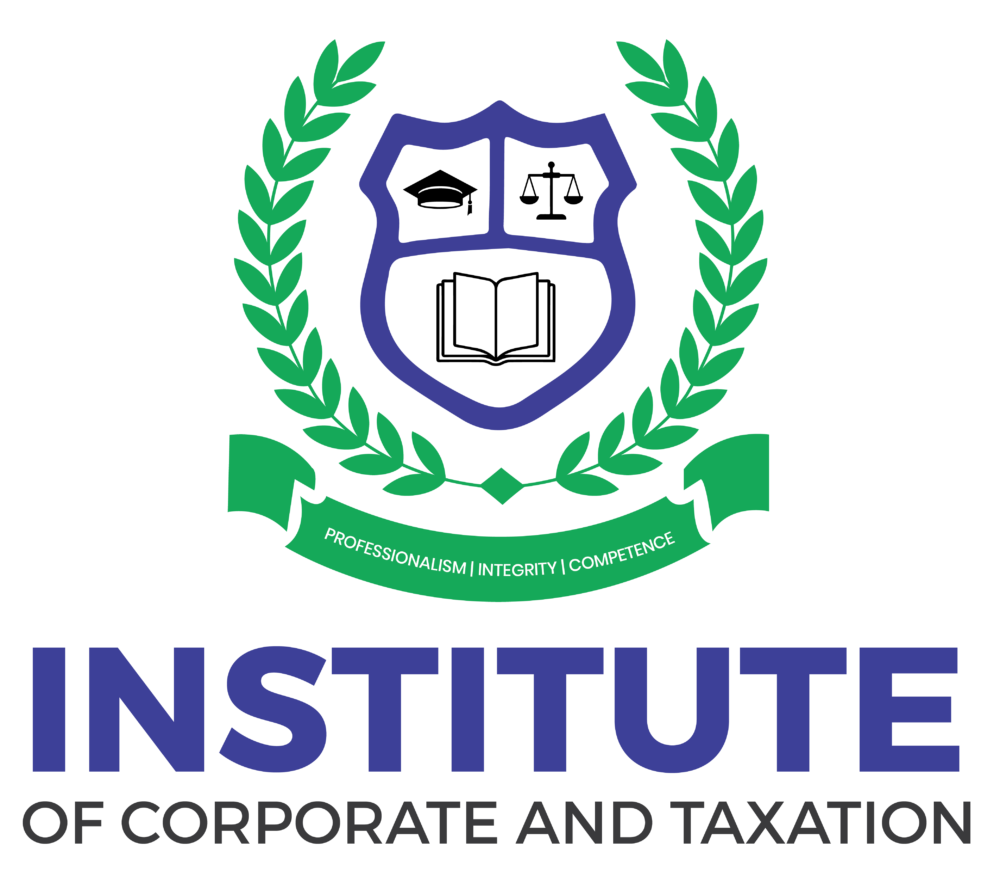
Why Businesses Prefer Certified Tax Advisors — And How You Can Be One?
Introduction
Certified Tax Advisors: In today’s fast-paced business environment, financial transparency and legal compliance are no longer optional they’re critical. Companies, whether small startups or large corporations, constantly face complex tax regulations, evolving government policies, and high-stakes financial decisions. In such a landscape, the role of a Certified Tax Advisor (CTA) has never been more vital.
Businesses aren’t just looking for someone who can file taxes they need a qualified expert who can navigate intricate financial data, ensure compliance, maximize savings, and represent them in audits or disputes. This is why certified tax professionals are in high demand.
In this blog, we’ll explore Why Businesses Prefer Certified Tax Advisors And How You Can Be One, the benefits of becoming one, and how you can start your journey toward a respected and rewarding career in tax advisory.
Why Certification Matters in Tax Advisory:
You might wonder: can’t any accountant or bookkeeper manage taxes?
The answer is: not effectively, especially when things get complex.
Certified Tax Advisors hold specialized knowledge that sets them apart. Their training includes a deep understanding of:
- Income tax laws and filing procedures
- Corporate tax compliance
- Sales tax and VAT returns
- International tax treaties
- Tax-saving strategies
- Handling audits and notices
Certification proves that you don’t just understand tax codes you can apply them to real-world business situations, legally and efficiently. For businesses, this is peace of mind.
Top Reasons Why Businesses Prefer Certified Tax Advisors:
Credibility and Trust:
Certification is a mark of professionalism. Businesses are more confident working with advisors who’ve passed rigorous exams, completed practical training, and are recognized by a certifying authority.
Accurate and Compliant Returns:
Tax regulations change frequently. Certified advisors stay up-to-date with the latest laws and know how to apply them correctly, ensuring their clients avoid penalties or costly mistakes.
Strategic Financial Planning:
Tax advisors do more than file returns they guide business owners on how to save on taxes legally through deductions, exemptions, depreciation, and investment strategies.
Audit Representation:
When businesses are selected for tax audits, they need someone who understands the legal landscape and can communicate effectively with tax authorities like the FBR or IRS. Certified professionals are trained for this.
Time and Cost Savings:
Business owners are busy. Hiring a certified tax advisor means they can focus on running operations while the advisor handles the books, files returns, and identifies ways to save money.
What Does a Certified Tax Advisor Do?
Here’s a breakdown of the typical responsibilities:
- Prepare and file income tax, corporate tax, and sales tax returns
- Advise on tax planning for individuals and businesses
- Represent clients in case of audits or legal disputes
- Maintain accurate financial and tax records
- Provide insights on how tax laws affect future business decisions
- Help with business registrations, NTN, and sales tax numbers
It’s a blend of accounting, legal knowledge, financial analysis, and business strategy.
How Can You Become a Certified Tax Advisor?
Becoming a tax advisor is a smart move in 2025, especially as taxation continues to evolve alongside digitalization and international trade. Here’s how you can start:
-
Get Basic Financial Education:
A background in finance, accounting, business, or law gives you a strong foundation. However, many successful tax advisors start from scratch and build their knowledge through short courses.
-
Take a Certified Taxation Course:
Look for a course that offers:
- In-depth coverage of personal and corporate taxation
- Sales tax/VAT procedures
- Practical training on platforms like IRIS (FBR portal)
- Case studies, assignments, and assessments
- A certificate recognized by industry or professional bodies
-
Gain Practical Experience:
Start working with a tax consultant, accounting firm, or freelance clients. The more returns you file and audits you handle, the better you’ll get.
-
Stay Updated:
Tax laws change regularly. Join online tax communities, attend webinars, and read updates from official sources like the FBR, IRS, or local tax boards.
-
Earn Advanced Certifications (Optional):
Once you’re experienced, you can pursue further credentials such as:
- Certified Tax Technician (CTT)
- Chartered Tax Advisor (CTA)
- Certified Public Accountant (CPA) with taxation specialization
- Local certification programs offered by tax institutes or authorities
Perks of Becoming a Certified Tax Advisor:
High Earning Potential:
Businesses are willing to pay well for reliable tax advice, especially if you can reduce their liabilities or protect them during audits.
Freelancing and Remote Work:
With digital portals and online filing systems, you can serve clients across Pakistan or even globally from your laptop.
Business Growth Opportunities:
You can eventually start your tax consultancy firm, offering services to SMEs, e-commerce businesses, or even large corporations.
Ever-Evolving Field:
Taxation Course is not boring it changes constantly, keeping you challenged and engaged.
Conclusion: Be the Expert Businesses Trust!
The world of taxes may seem intimidating at first. Still, with the right training and certification, you can become a trusted advisor one that businesses rely on to stay compliant, save money, and grow smarter.
Whether you’re a student, a professional looking to switch careers, or someone with an interest in finance and law, becoming a Certified Tax Advisor is a decision that can transform your future.
In 2025, businesses aren’t just looking for tax return filers they want strategic, certified experts who understand the numbers, the laws, and the impact. That expert can be you.






1 Comment
* * * No deposit, no problem - your spins are waiting: http://motorolapromocionesmm.com/index.php?a3kwa4 * * * hs=dc7aa7f06bb0ea05c8c4e839f2edac0f* ххх*
September 24, 2025nrfn2d